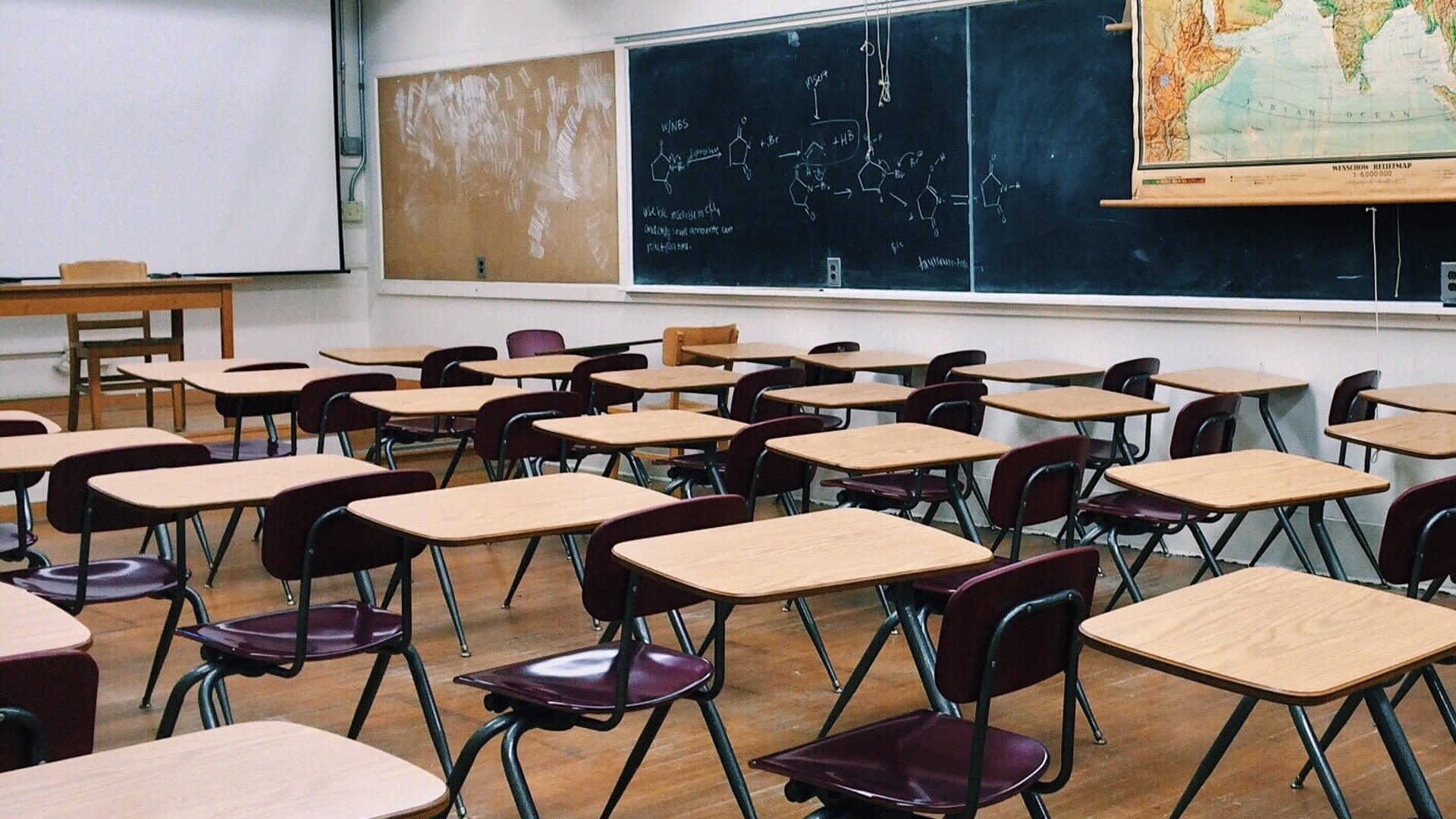While much of the existing discussion of the effects of schools closure due to COVID has been focused on impacts on educational outcomes, student performance and future earnings, this blog explores a different type of potential impact of long-term school closure, namely, an impact on young people’s values and attitudes. One of the most consistent findings in empirical research is that higher educated individuals are more tolerant of ethnic and other minorities than those with lower education. In line with this, educators, political leaders as well as scholars have long viewed education as the principal channel for the transmission of social and cultural values such as democracy, social acceptance and equality.
In an unprecedented policy response to the COVID-19 pandemic, governments across the world have, almost universally, closed schools and universities (Figure 1). Will long-term schools closure due to COVID-19, and the associated moves to online teaching and homeschooling, have lasting consequences for young people’s values and attitudes, and consequently for societies in general?
This is a part of a blog post published by Lenka Drazanova.
(The EUI, RSCAS and MPC are not responsible for the opinion expressed by the author(s). Furthermore, the views expressed in this publication cannot in any circumstances be regarded as the official position of the European Union)
